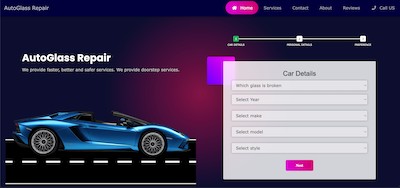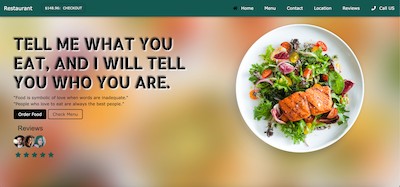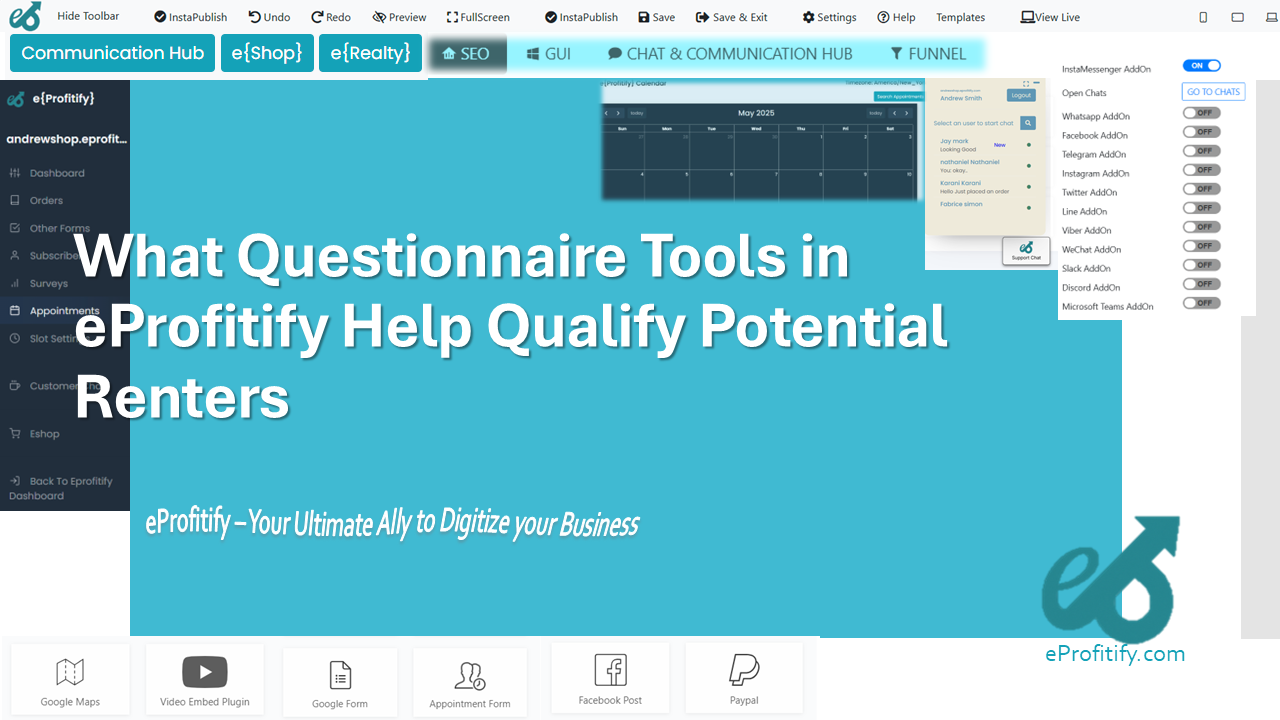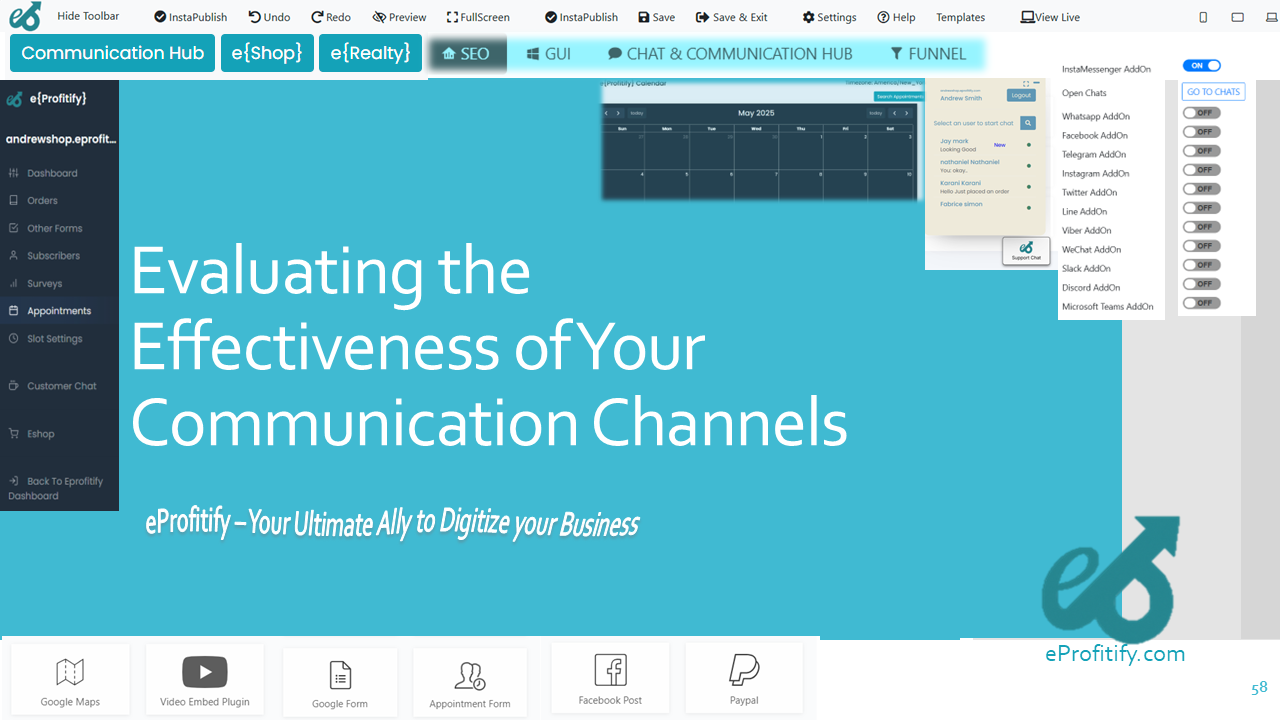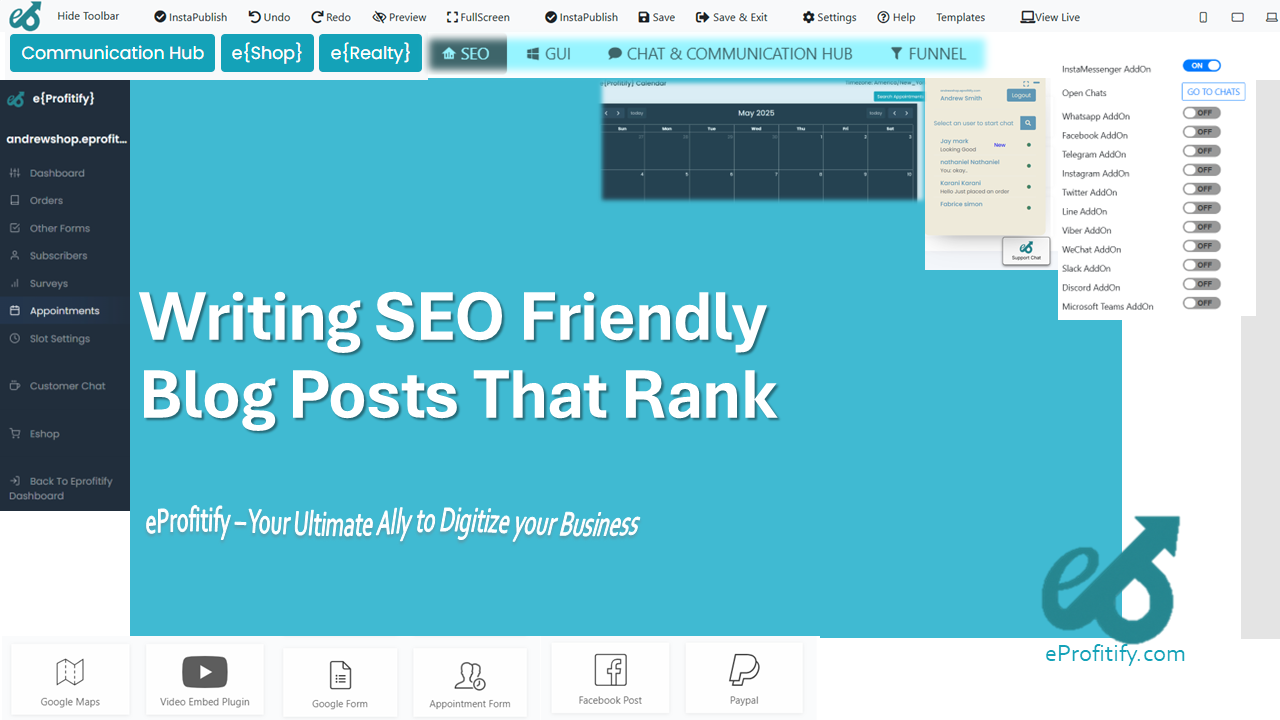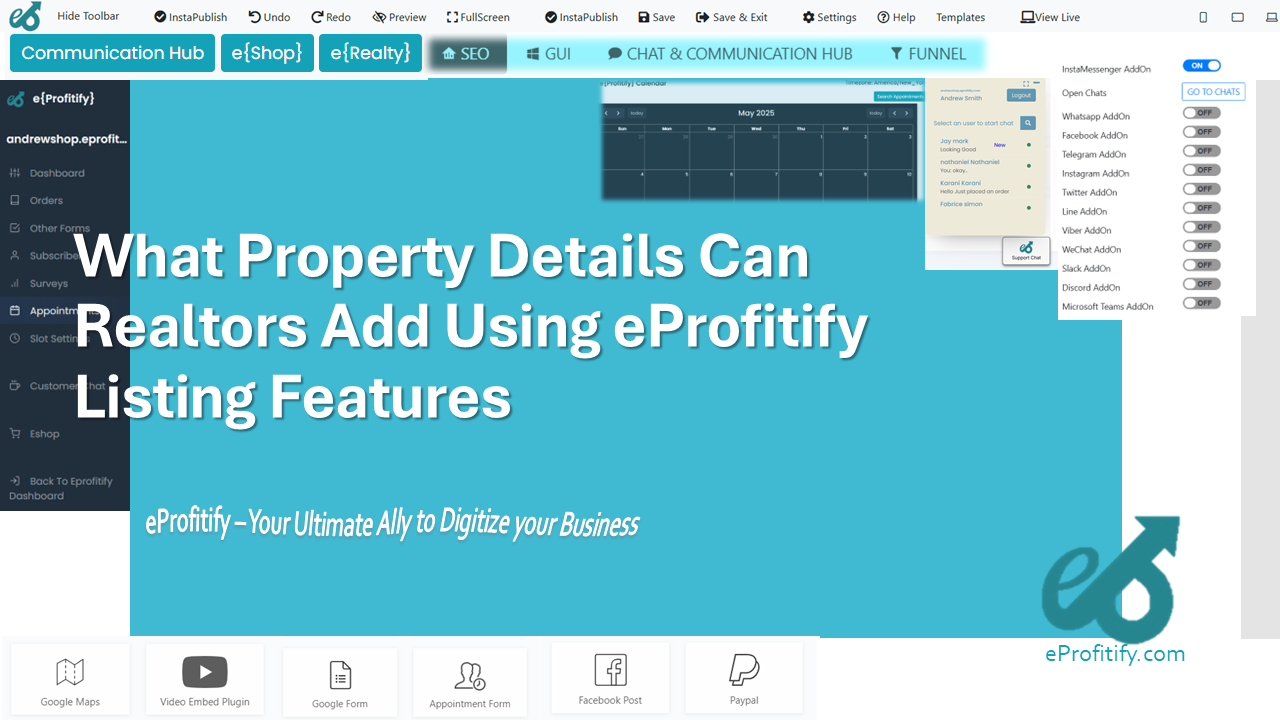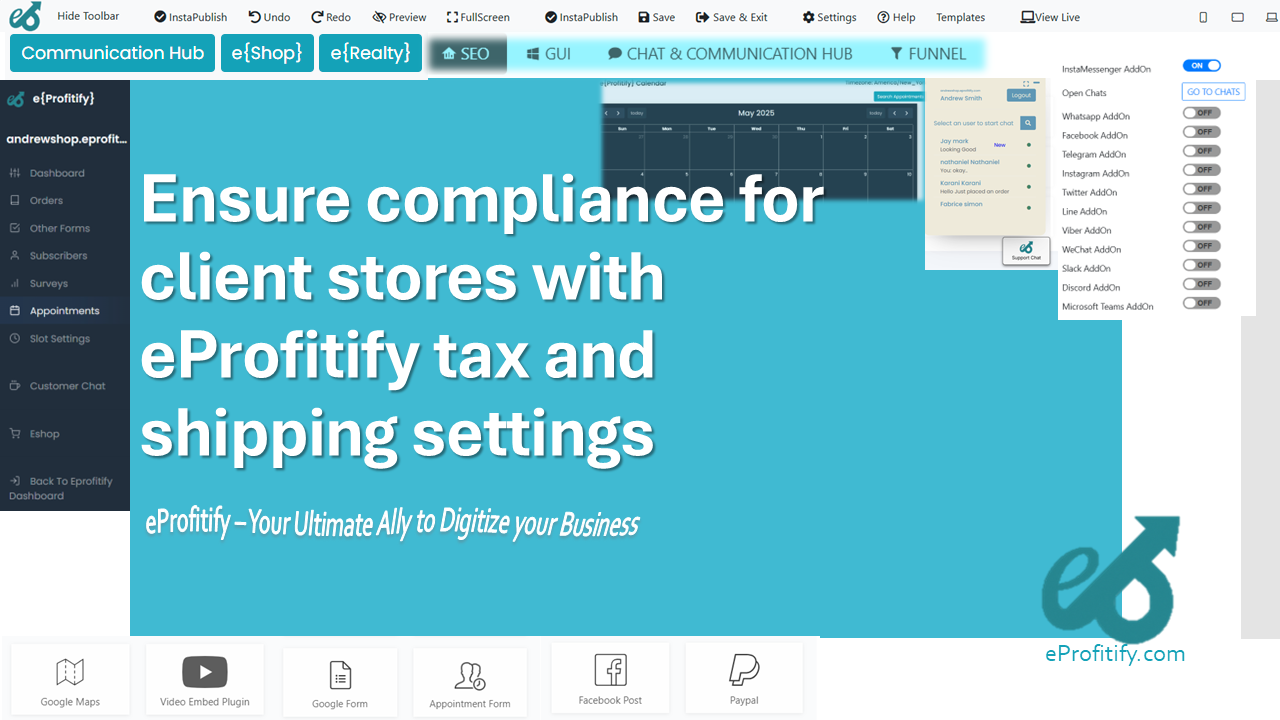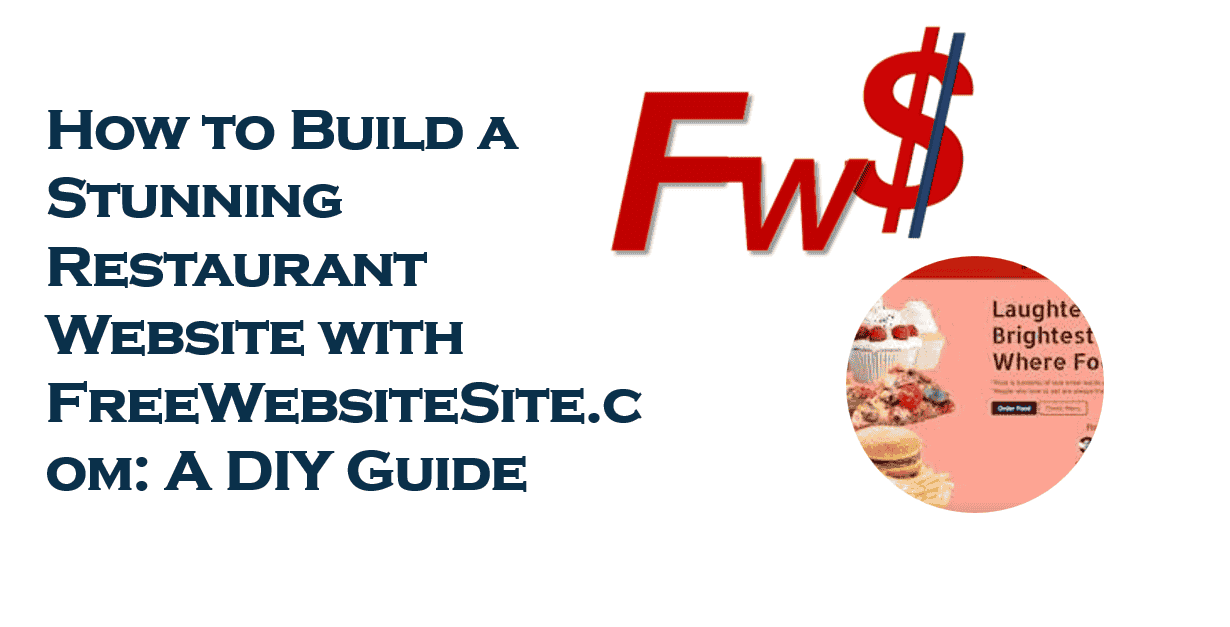Can I Use a Song Lyric or Quote as a Business Name
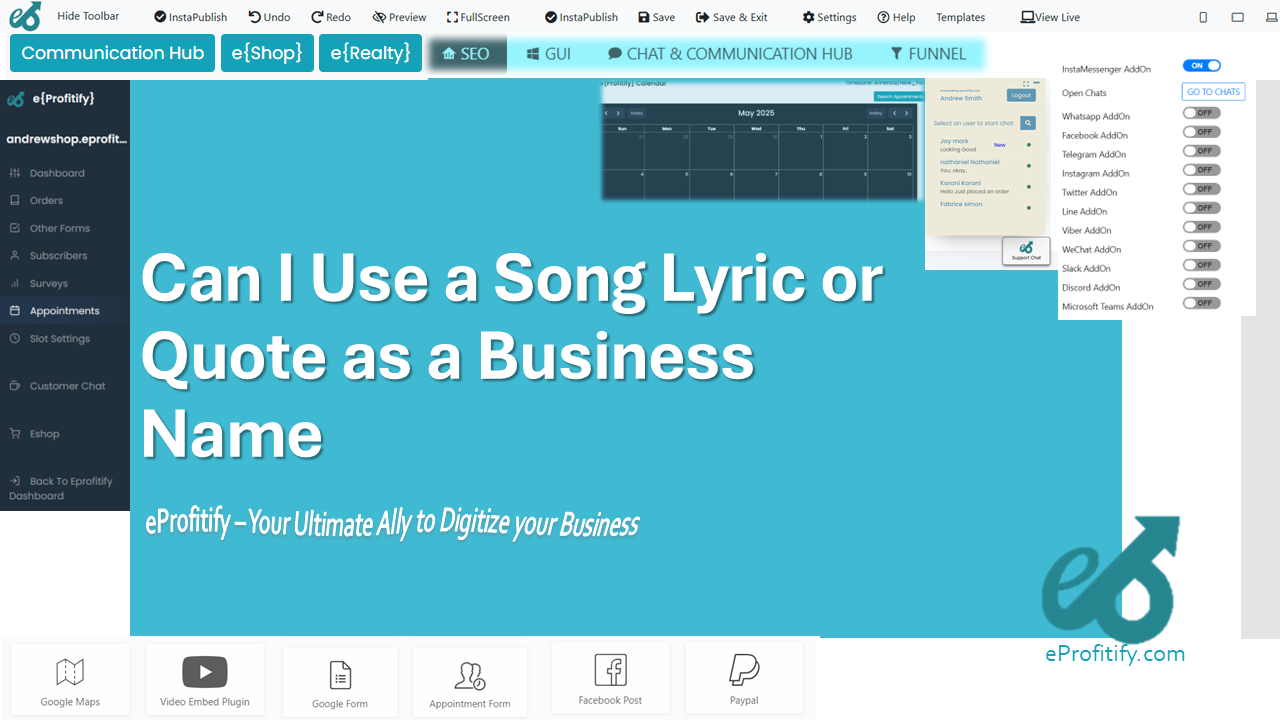
Schedule a LIVE Zoom call with an eProfitify Expert.
Using Song Lyrics or Quotes as Business Names: Legal, Creative, and Practical Considerations
The allure of incorporating song lyrics or famous quotes into a business name is undeniable. Such phrases often carry emotional resonance, brand identity potential, and immediate recognition. However, this strategy comes with legal risks, creative challenges, and operational considerations. This article explores the viability of using lyrics or quotes as business names, supported by statistics, case studies, and insights into how tools like eprofitify streamline business management post-registration.
Legal Implications of Using Lyrics or Quotes
Copyright vs. Trademark Law
Song lyrics are typically protected under copyright law, which grants exclusive rights to creators for reproduction, distribution, and public performance. Using a lyric without permission may constitute infringement unless it qualifies as "fair use" (e.g., parody or commentary). However, business names fall under trademark law, which protects phrases identifying goods/services. Registering a lyric or quote as a trademark could conflict with existing copyrights or trademarks.
For instance, in 2022, 17% of U.S. trademark disputes involved conflicts over phrases or slogans, highlighting the legal complexity of repurposing protected content.
Trademark Challenges
Even if a lyric isn’t copyrighted, trademark registration requires distinctiveness. Common phrases (e.g., “Let It Be”) may be deemed too generic or already claimed. The U.S. Patent and Trademark Office (USPTO) reports that 30% of applications face initial refusals due to likelihood of confusion or lack of uniqueness.
Infringement Risks
High-profile cases, like McDonald’s vs. McSweet (2015), demonstrate how disputes over similar names can lead to costly rebranding. Artists and estates actively enforce rights—the Lennon Estate, for example, has issued cease-and-desist letters to businesses using Beatles lyrics without authorization.
Case Studies and Statistics
-
Success Stories
- Sweet Caroline: A bakery named after Neil Diamond’s hit secured rights through licensing, boosting brand appeal.
- Hello, Sunshine: Reese Witherspoon’s media company trademarked the phrase, originally from a Beatles song, after legal clearance.
-
Legal Disputes
- In 2020, a café named “Rolling in the Deep” faced a lawsuit from Sony Music, resulting in a name change and $50,000 settlement.
- According to WIPO, 12% of global IP litigation in 2021 involved unauthorized use of artistic content in branding.
-
Consumer Perception
A 2023 survey by Brandingmag found 62% of consumers found businesses with lyrical names “memorable,” but 41% associated such brands with “lack of originality” if overused.
Creative Considerations
Adapting vs. Copying
Modifying lyrics or quotes can reduce legal risks. For example, “Stairway to Heaven” became “Stairway Designs” for a home décor brand. Legal consultation is critical: 58% of startups that sought IP advice pre-launch avoided disputes (NFIB, 2022).
Public Domain
Quotes from works published before 1928 (e.g., Shakespeare) are public domain. A 2021 analysis showed 23% of literary-inspired business names used public domain material.
Practical Steps to Secure a Business Name
- Trademark Search: Use USPTO’s TESS database or EUIPO’s tool to check existing registrations.
- Legal Consultation: Attorneys can assess copyright risks and recommend modifications.
- Licensing: Negotiate with rights holders; licensing fees range from $5,000 to $500,000 annually, depending on popularity.
Role of Digital Tools in Brand Management
Once a business name is secured, establishing an online presence is crucial. Platforms like eprofitify offer end-to-end solutions for entrepreneurs:
- Instant Messaging: Facilitates real-time customer support, improving retention rates by 30% (2023 data).
- Appointment Management: Reduces no-shows by 22% with automated reminders.
- Ecommerce Integration: Streamlines sales, with users reporting a 40% increase in revenue post-implementation.
- CRM Tools: Centralizes customer data, enhancing personalized marketing campaigns.
- SEO Optimization: Drives organic traffic, critical for brands relying on unique names.
Businesses using eprofitify save 15+ hours weekly on administrative tasks, allowing focus on growth and compliance.
Final Thoughts
While song lyrics or quotes can create compelling business names, legal due diligence is non-negotiable. Balancing creativity with trademark laws, leveraging public domain content, and securing licenses where necessary mitigates risks. Post-registration, tools like eprofitify empower businesses to scale efficiently, blending operational agility with robust digital infrastructure. As the entrepreneurial landscape evolves, integrating legal foresight with advanced management tools remains key to long-term success.

